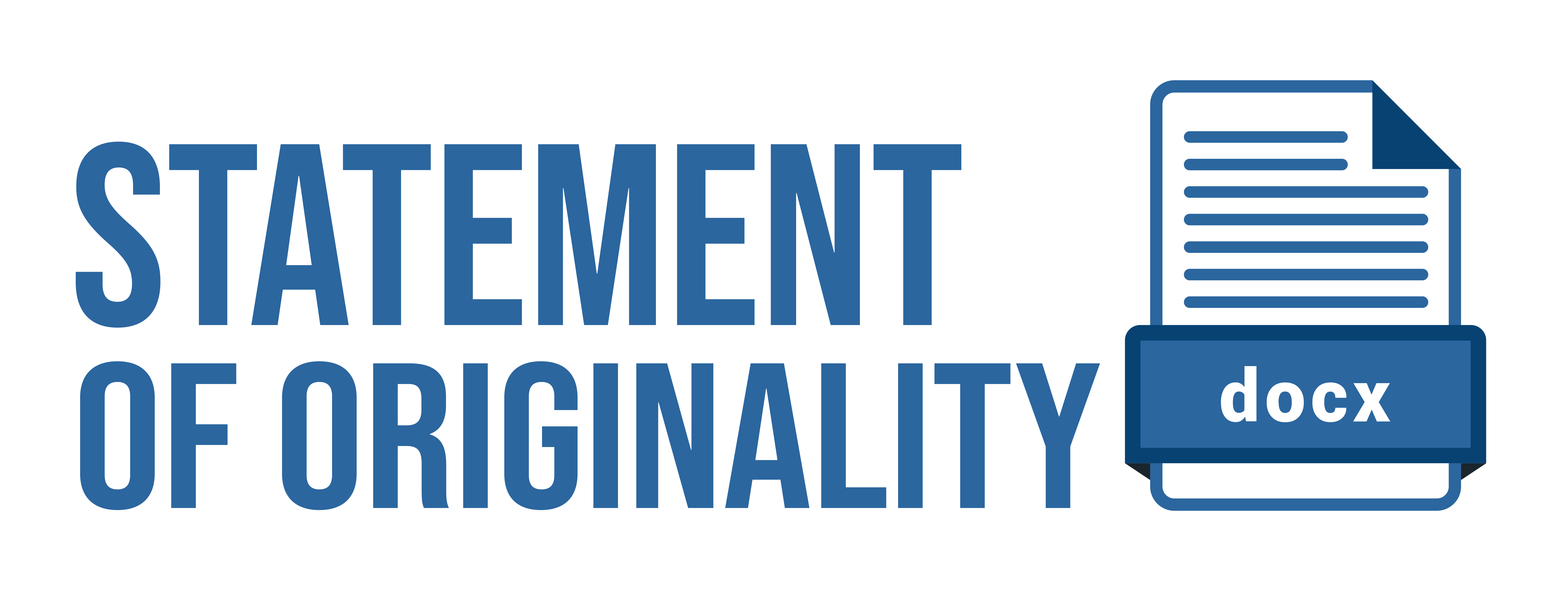PRINSIP EQUALITY BEFORE THE LAW SEBAGAI ILLAT HUKUM DALAM QISHAS MENURUT AL-SYAFII DAN ABU HANIFAH
Equality Before the Law Principle as ‘Illat in Qisās According to al-Shāfi‘ī and Abū Ḥanīfah
DOI:
https://doi.org/10.15575/as.v19i1.4228Abstract
Abstract
In Islamic law, a deliberate act of murder is sanctioned with qishash according to Allah's SWT commandment in al-Quran Surah al-Baqarah verse 178. In its application, the Islamic Law scholars agree that if someone kills intentionally without any shar'i reasons, then the penalty is qishash. However there is a disagreement about sanctions for a Muslim who kills a non-muslim, whether the qishash is applied to this situation or not. Using a comparative descriptive method, the results show that the death penalty (qishash) according to al-Shafi'i can only be applied if both the perpetrator and victim are fellow Muslims, and qishash does not apply if the victim is a non-Muslim. His view is based upon dzahir nash. As for Abu Hanifa, it was argued that qishash was still carried out even though the victim was a dhimmi (a protected non-muslim), considering that Islamic law does not only apply to Muslims, but also to all human. This opinion is in line with the principle of equality before the law as applicable in Indonesia.
Keywords: qishash, equality before the law, human rights
Abstrak
Dalam Hukum Islam, tindakan pembunuhan yang disengaja disanksi dengan qishash sebagaimana firman Allah SAW dalam al-Quran surat al-Baqarah ayat 178. Dalam penerapanÂnya, jumhur ulama sepakat, bahwa apabila seseorang membunuh dengan sengaja tanpa alasan yang dibenarkan syar’i, maka hukumannya adalah qishash. Namun mereka berbeda pendapat tentang sanksi bagi seorang muslim yang membunuh seorang kafir (dzimmi). Dengan menggunakan metode deskriptif komparatif, Hasil penelitian menunjukkan bahwa sanksi hukuman mati (qishash) menurut al-Syafi’i hanya dapat diterapkan apabila pelaku dan korban adalah sesama muslim, dan qishash tidak berlaku apabila korban seorang non-muslim karena adanya perbedaan keyakinan antara pembunuh dan yang dibunuh sebagaimana dzahir nash. Adapun Abu Hanifah berpendapat, bahwa qishah tetap dilakukan meskipun korban adalah seorang dzimmi, mengingat hukum Islam tidak hanya berlaku bagi umat muslim saja, namun juga bagi seluruh manusia. pendapat tersebut sejalan dengan asas persamaan dihadapan hukum sebagaimana yang berlaku di Indonesia.
Kata Kunci:Â Qishash, persamaan dihadapan hukum, hak asasi manusia
Â
References
Al-Jaziry, Abdurrahman, 2012. al-Fiqh la Madzhab al-Arba'ah, Juz V, Cairo : Maktabah Taufiqiyyah.
Al-Kasani, Abu Bakar bin Mas'ud, T.th Badi'u ash-Shana'I, Juz 10, Beirut: Daar al-Kutub al-Ilmiyah.
Al-Sijitani. Abu Daud, Sulaiman bin Asy asy, 1988. Sunan Abi Daud, Cairo : Dar-Hadits, Hadits No. 2371
Arifin, Tajul. 2011. Teknik Penulisan Skripsi, Bandung : Gunung Djati Press
Bisri, Cik Hasan, 2003. Penuntun Penyusunan Rencana Peelitian dan Penulisan Skripsi Bidang Ilmu Agama. Jakarta : Raja Grafindo Persada,
Dzajuli, A., 1996. Fiqh Jinayah: Upaya Menanggulangi Kejahatan dalm Islam, Cet I. Jakarta: Raja Grafindo Persada,
Hazm, Ibnu, T,th. al-Muhalla., Beirut : Dar al-Fikr. Juz VII
Mahmassani, Subhi. 1993. Konsep Dasar Hak-Hak Asasi Manusia, Suatu Perbandingan Dalam Syariat Islam dan Perundang-Undangan, Jakarta : PT. Tinta Mas Indonesia
Muslih, Ahmad Wardi, 2005.Hukum Pidana Islam, Jakarta : Sinar Grafika,
Sabiq, Sayyid. 2012. Fiqh Sunnah Jilid IV, Vet III, alih bahasa Abdurrakhim dan Masrukhin (Jakarta : Cakrawala Publishing
Sarakhs, Muhammad ibn Ahmad as-, 2000. al-Mabsth, jilid II. Beirut: Dar al-Marifah, 2000
Shabuni, Ali ash. 1983. Tafsir Ayat Ahkam, alih bahasa Muammal Hamidi dkk. Jakarta : PT Bina Ilmu.
Shahih Bukhari hadits no 6404
Shahih Bukhari hadits no 6404.
Shiddiqi, Hasby. 1998. Pidana Mati Dalam Syariat islam. Cet I. Semarang: Pustaka Rizki Putera,1998
Sunan Abu Dawud hadits No. 2371.
Syafi'I, al-Imam al-, 2000. al-Umm (Kitab Induk), alih bahasa Ismail Yakub, Kuala Lumpur : Victory Agencie.
Syafi'I, al-Imam Muhammad bin Idris al-. t.th. al-Umm, Juz VII. t.t : Daarul Wafa,
Syafi'I, Imam Muhammad bin Idris al-, 2009. al-Umm Buku 2, alih bahasa Imron Rosadi, dkk. Jakarta : Pustaka Azam. Juz 7
Syafi'I, Muhammad Bin Idris Asy-, T.th Imam Abi Abdillah, Al-Umm, Beirut-Libanon : Dar Al-Kitab, Juz 7
Syarkhasy, Imam Syamsudin Abu Bakr Muhammad al-, 2000. al-Mabsuth. Beirut: Daar al-Fikri.
Zein, Satria Effendi M., 2001. Kejahatan Terhadap harta dalam Perstektif Hukum Islam, dalam Muhammad Amin Suma, dkk, Pidana Islam di Indonesia, Peluang, Prospek, dan Tantangan, Jakarta: Pustaka Firdaus.
Downloads
Published
How to Cite
Issue
Section
Citation Check
License
Copyright (c) 2019 Asy-Syari'ah

This work is licensed under a Creative Commons Attribution-ShareAlike 4.0 International License.
The author whose published manuscript approved the following provisions:
- Authors retain copyright and grant the journal right of first publication with the work simultaneously licensed under a Attribution-ShareAlike 4.0 International (CC BY-SA 4.0) License that allows others to share the work with an acknowledgment of the work's authorship and initial publication in this journal.
- Authors are able to enter into separate, additional contractual arrangements for the non-exclusive distribution of the journal's published version of the work (e.g., post it to an institutional repository or publish it in a book), with an acknowledgment of its initial publication in this journal.
- Authors are permitted and encouraged to post their work online (e.g., in institutional repositories or on their website) prior to and during the submission process, as it can lead to productive exchanges, as well as earlier and greater citation of published work (See The Effect of Open Access).






